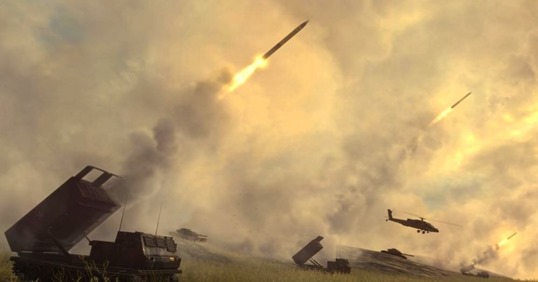The son of escaped slaves, Samuel Ringgold Ward (1817 – c. 1866) well remembered the scars on his father’s back. Though many counseled him to shy away from preaching on the continuing crime of slavery, he would have none of it. In the following excerpt from his Autobiography of a Fugitive Negro, Ward gives his rationale: Peace is not the Church’s first concern—and the Church militant is an awesome force. His particular issue was slavery, but his call to arms is fitting for the Church in each generation, whatever the pressing moral cause. The potential of a boldly prophetic Church is incalculable.
When the harmony and peace of the Church are pleaded for against them, abolitionists plead for, the “wisdom which is from above, which is first pure, then peaceable.”1 When urged, as it frequently is, that it is no part of the business of the Church . . . to speak against existing social and political evils, abolitionists remind brethren . . . that “there is no power out of the Church that could sustain slavery a twelvemonth, if the Church should turn her artillery against it.”2
![]()
![]()
Footnotes:
![]()
1 James 3:17.
2 Samuel R. Ward, Autobiography of a Fugitive Negro (London: John Snow, 1855), 69.





